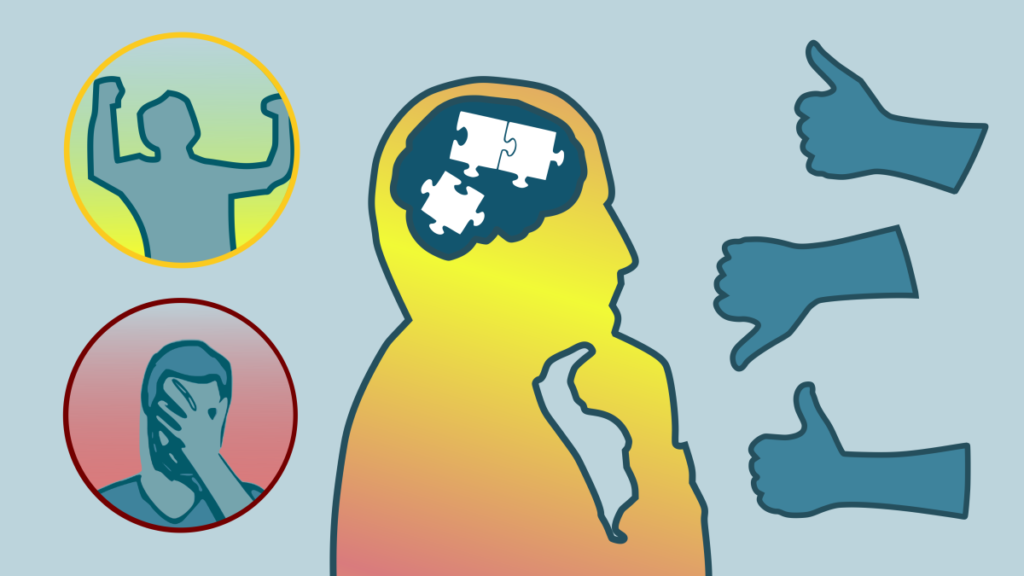Shame on you! (Die ZEIT)
Shame on you! Everyone knows it. No one likes it: shame. Why does it show itself so often again? And what role does the Internet play in this? An essay about one of the most powerful human emotions by Matthias Kreienbrink in Die ZEIT featuring research from the Social Neuroscience Lab.
Shame on you! (Die ZEIT) Read More »









